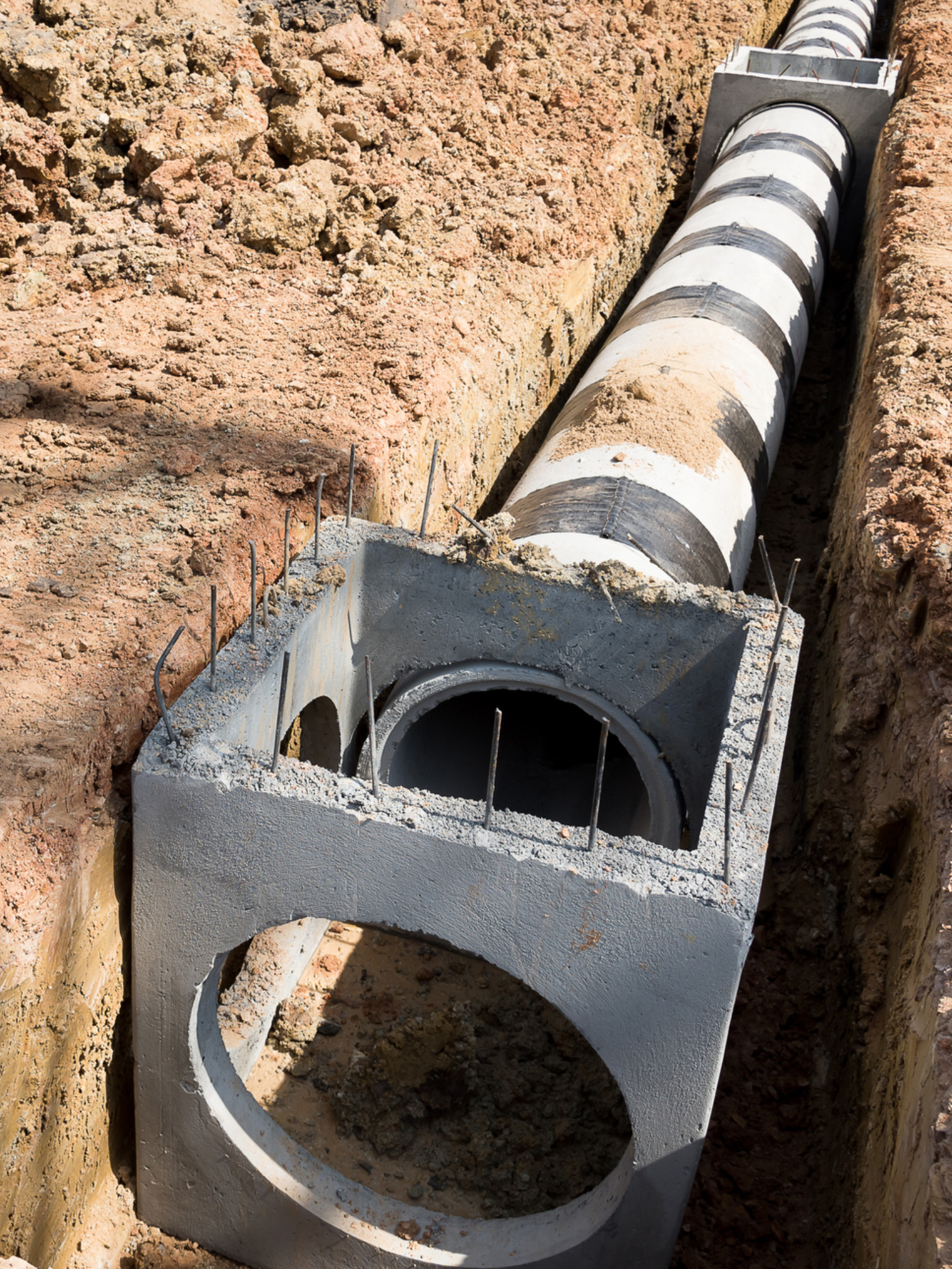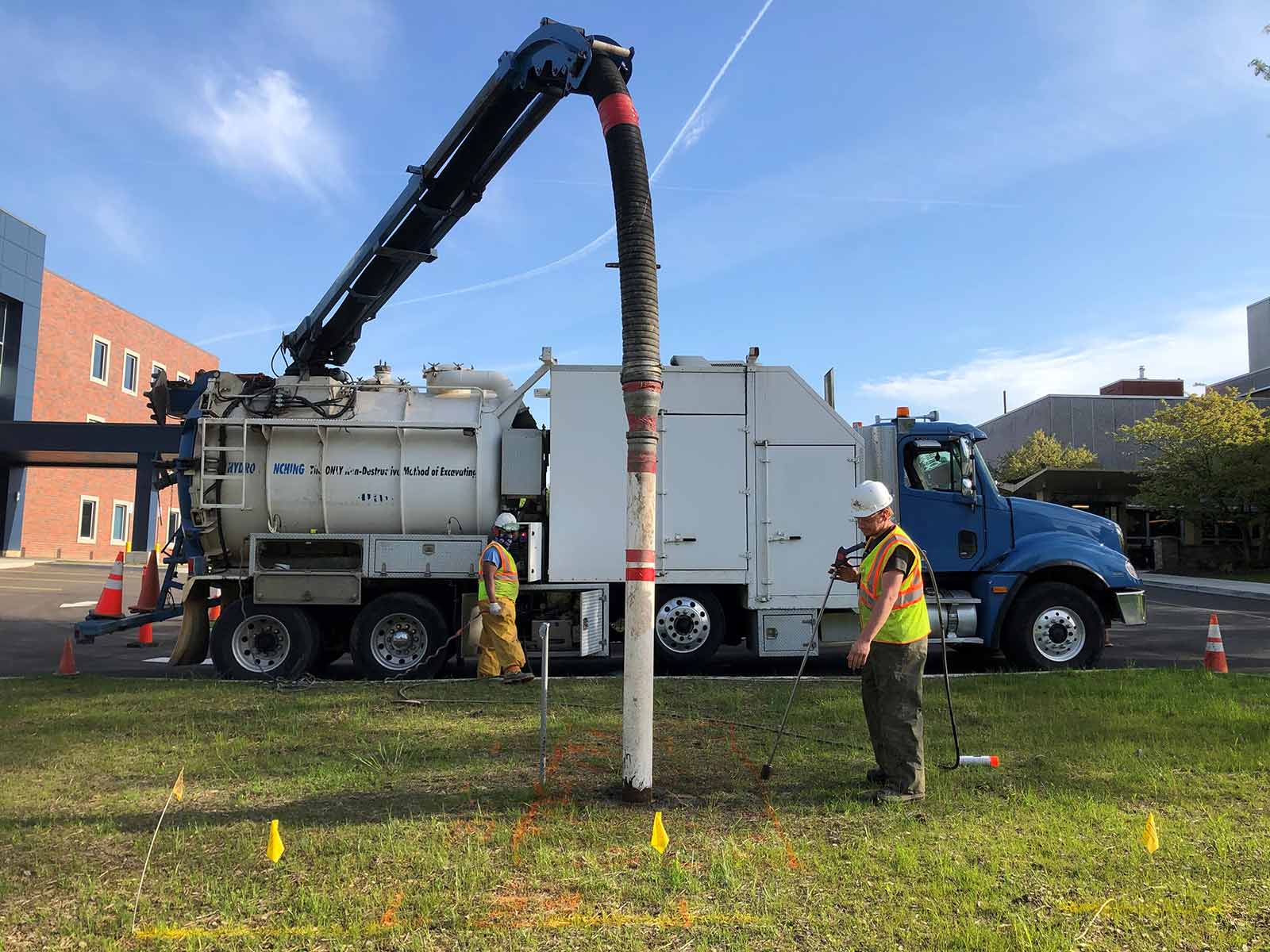Comprehensive Excavation Strategies: Grasping the Fundamentals for Success
The careful preparation, precise execution, and meticulous interest to detail required in excavation tasks require an extensive technique that incorporates different basic elements. The real mastery lies not just in understanding these principles yet in seamlessly integrating them to navigate the complexities of excavation projects with skill.
Understanding Excavation Project Planning

The initial phase of any kind of excavation project is the planning phase, where important decisions are made that can dramatically affect the outcome of the task. Recognizing the job spending plan, timeline, and extent constraints is critical for creating a detailed excavation strategy that makes sure the task's success.
One secret aspect of excavation task planning is the development of a thorough timeline that details the sequence of tasks, target dates, and turning points. By thoroughly thinking about all these variables during the preparation stage, excavation jobs can be executed effectively and effectively, leading to successful end results - excavating ohio.
Dirt Analysis and Site Analysis
Conducting detailed soil evaluation and website examination is a crucial action in the preparation phase of any excavation job. Dirt evaluation involves figuring out the make-up, structure, and properties of the soil at the excavation site. This info is critical for comprehending the dirt's bearing ability, moisture content, and capacity for disintegration, which are key consider establishing the excavation methods and devices required for the task.
Site assessment exceeds dirt analysis and includes a more comprehensive evaluation of the overall website conditions. This analysis includes identifying any type of prospective hazards, such as underground energies, ecological worries, or unstable surface, that can influence the excavation procedure. By completely examining the site, project managers can create efficient excavation techniques that prioritize security, performance, and ecological security.
Utilizing sophisticated innovations like ground-penetrating radar, dirt tasting, and drone surveys can enhance the accuracy and effectiveness of soil analysis and website examination. Investing time and resources in these preliminary steps can inevitably conserve time and avoid costly delays or complications throughout the excavation process.
Equipment Option and Application
Effective excavation projects rely greatly on calculated devices selection and utilization to ensure optimum performance and productivity. Selecting the right equipment for the work is critical in taking full advantage of efficiency and decreasing downtime. Aspects such as the kind of soil, depth of excavation, and task extent play a substantial duty in figuring out the most ideal devices for the task handy.

Along with picking the ideal tools, proper utilization is essential to job success. Operators needs to be educated to take care of the equipment securely and successfully - lancaster trenching. Routine upkeep checks and timely fixings aid avoid click this malfunctions and make sure constant efficiency throughout the job
Security Actions and Rules Conformity
In the realm of excavation resource tasks, prioritizing precaution and conformity with policies is vital to ensuring a legally sound and protected functional setting. Safety and security measures encompass a variety of methods, consisting of conducting comprehensive website assessments, applying proper signs and barriers, and giving sufficient security training for all employees included in the excavation procedure. Adherence to laws, such as OSHA requirements in the United States, ensures that the excavation job meets the necessary standards to shield workers, onlookers, and the surrounding setting.

Tracking Progression and Adjusting Strategies
Just how can project supervisors effectively track the improvement of excavation tasks and adapt their approaches appropriately to optimize results? Surveillance development is vital for making certain that excavation jobs remain on track and satisfy target dates.

Conclusion
In verdict, understanding the fundamentals of extensive excavation methods is essential for the success of any kind of job. By understanding job preparation, examining dirt and website conditions, choosing appropriate devices, adhering to safety and security guidelines, and monitoring development, job managers can make certain a efficient and smooth excavation process. Executing these techniques will certainly bring about successful outcomes and lessen potential risks or setbacks during the excavation project.
The first stage of any type of excavation project is the preparation stage, where critical choices are made that can substantially impact the outcome of the job. Understanding the task range, budget plan, and timeline constraints is important for creating a detailed excavation strategy that makes certain the project's success.
Exactly how can forecast supervisors effectively track the improvement of excavation tasks and adjust their strategies appropriately to maximize end results? By closely keeping an eye on progression and being willing to adapt approaches, task managers can improve the overall success of excavation tasks.
By understanding project planning, examining dirt and website conditions, selecting suitable devices, conforming with security guidelines, and checking progress, project managers can make sure a reliable and smooth excavation procedure.